The Data Institute 2022
An intensive virtual workshop from The Ida B. Wells Society for Investigative Reporting, ProPublica and OpenNews on how to use data, design and code for journalism. From July 18 to July 22.
Our Materials
After the Data Institute is over we’ll post all of our teaching materials here: slides, exercises, links, and homework.
Meet the Class of 2022
We’re thrilled to announce the 12 outstanding journalists who will be joining us for the Data Institute.
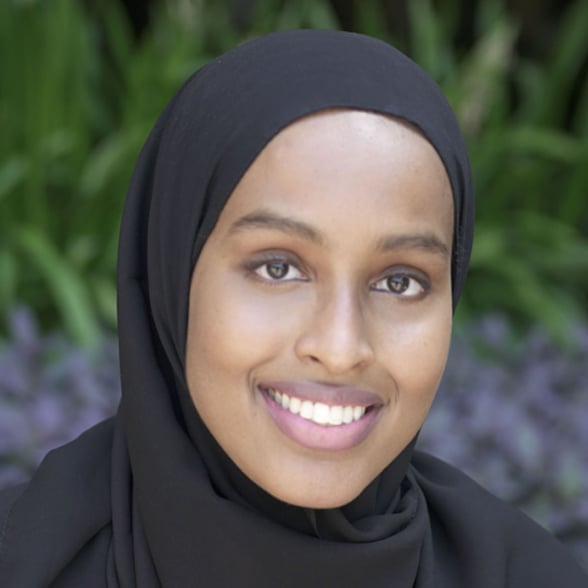
Aala Abdullahi is the innovation editor at Sahan Journal, where she leads the newsroom's product design and community engagement efforts. An Al Jazeera and CBC alum, her passion lies most in using concrete data and audience insights to make strong editorial decisions, and producing ambitious, visual-first, interactive stories that put readers at the center of the story.

Julian Benbow has been a sportswriter at the Boston Globe for 16 years. He’s covered everything from the four major professional sports beats to skateboarding. He went to college at Virginia Commonwealth University in Richmond, Va.
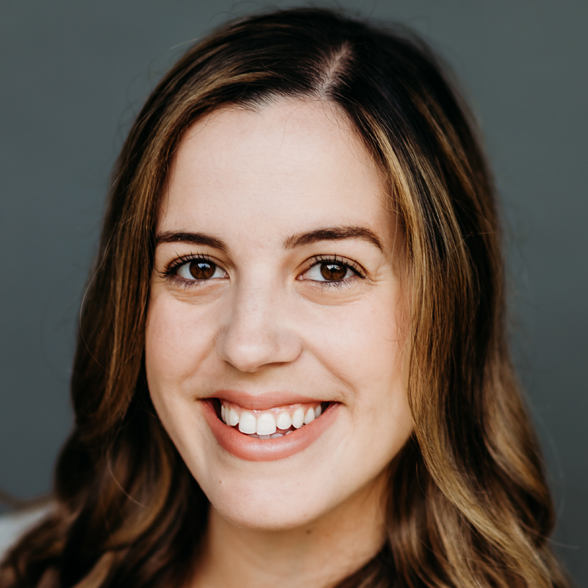
Chabeli Carrazana (@ChabeliH) is the economy reporter for The 19th, where she covers gender disparities affecting low-income people and marginalized communities. Previously, Chabeli was a business reporter in Florida covering labor, the tourism industry and the space industry. She was born in Cuba, and graduated summa cum laude from the University of Florida's College of Journalism and Communications.

Sara Coello (@smlcoello) is an investigative reporter for The Charlotte Observer, covering justice issues across North Carolina. Before joining, they covered criminal justice, legal issues and breaking news for The Dallas Morning News and the Post and Courier in Charleston, S.C.

Mel Fronczek (@melissafronczek) is a digital producer for the USA TODAY Network, South region. She primarily works on interactive graphics and data visualization, as well as digital design, audio production and search engine optimization. Mel has previously covered local government and education. She is a 2021 graduate of Indiana University-Bloomington, where she studied journalism and Spanish. She has also received training through the New York Times Student Journalism Institute and the Dow Jones News Fund.
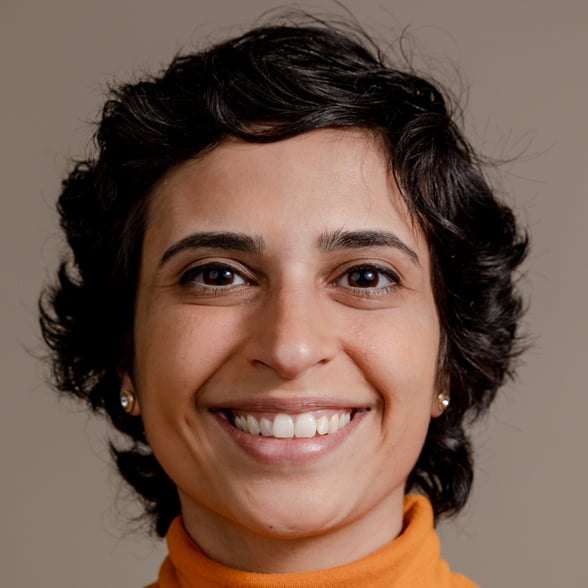
Katy Golvala is an investigative researcher with the CT Mirror, a non-profit news organization that covers government and public policy in Connecticut. She is passionate about demystifying the health care industry and using data to tell stories. Katy has a bachelor’s degree in literature and mathematics from Williams College, and a master’s degree in business and economic journalism from Columbia Journalism School.
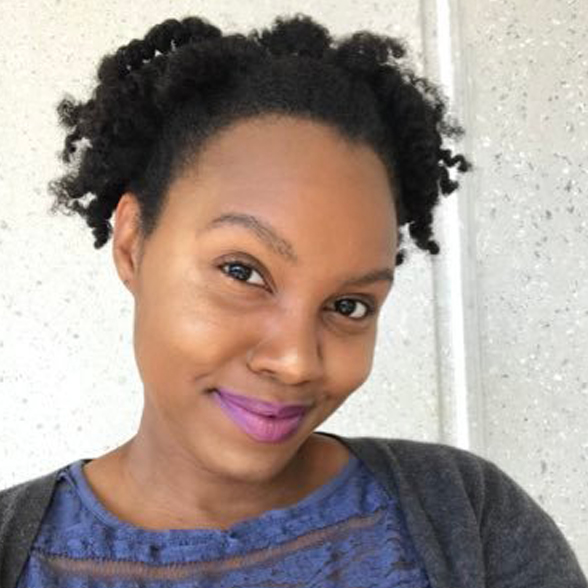
Raisa Habersham (@newsworthy17) is a watchdog reporter with the Savannah Morning News, where she covers courts and race. Her coverage has included the state murder and federal hate crime trials of the men convicted of killing Ahmaud Arbery, the costs of lengthy jail stays in the Chatham County Detention Center, and racial bias and disproportionate punishment against Black and brown students in the Effingham County School District.

Kenya Hunter (@KenyaTheHunter) is the health reporter at Capital B Atlanta. At Capital B, Kenya writes about health disparities in the metro-Atlanta area and the state with a special focus on Black people. Prior to joining Capital B, Kenya served as the education reporter at The Richmond Times-Dispatch.
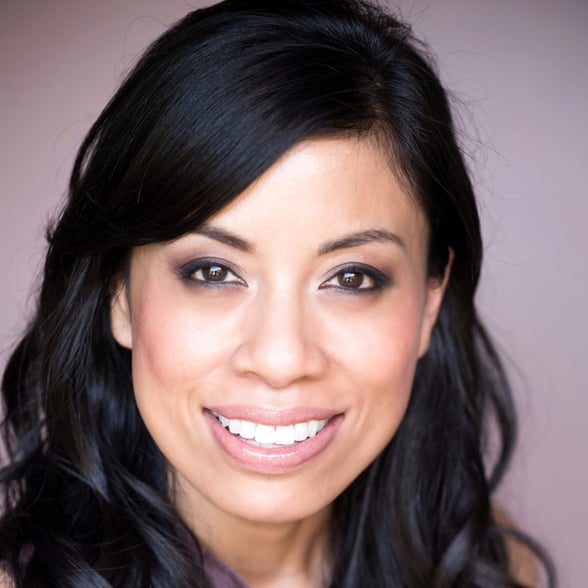
Lilian Manansala (@lilianmanansala) is a Los Angeles-based video journalist at Insider on the News & Documentary Team; a producer for the podcasts From Here and Irredeemable; and is currently an assistant text e-book editor for NYU on the changing landscape of the media world. She earned her Master's in journalism at NYU in 2021 and before that, has been working as a professional choreographer, dancer, and performer.
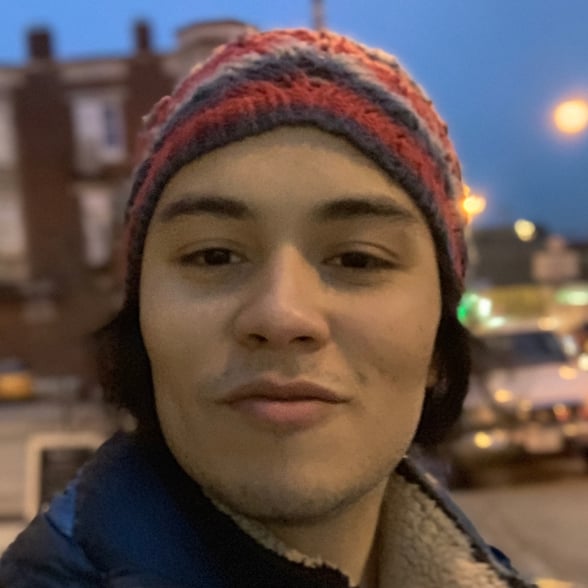
Juanpablo Ramirez-Franco (@__juanpab) is an environmental journalist at WNIJ Northern Public Radio, where he covers issues related to water quality, wildlife, and prairies throughout northern Illinois. He’s also a part of Mississippi River Basin Ag & Water Desk, a reporting initiative from the Missouri School of Journalism and Report for America to expand coverage around the rapidly changing course of life throughout the Mississippi River system.
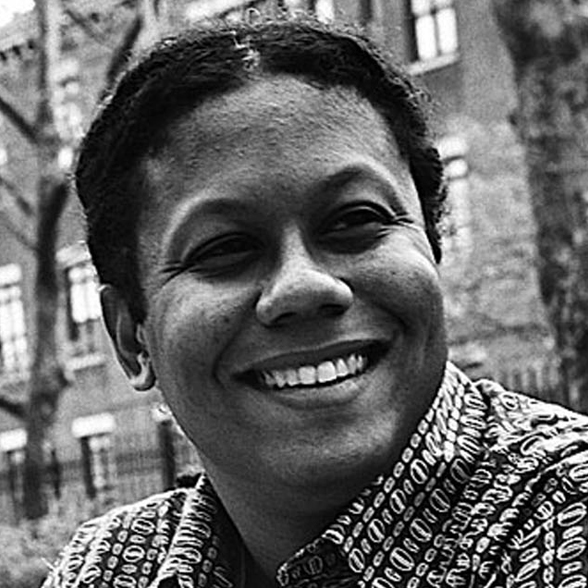
Damaso Reyes (@damasoreyes) is the investigative editor of the New York Amsterdam News and the founding editor of the Blacklight investigative unit. Previous assignments and projects have taken him to countries including Rwanda, Iraq, Indonesia, Tanzania and throughout the United States and Europe. His images are also featured in the monograph Black: A Celebration of a Culture and the book Innocents Lost: When Child Soldiers Go to War.
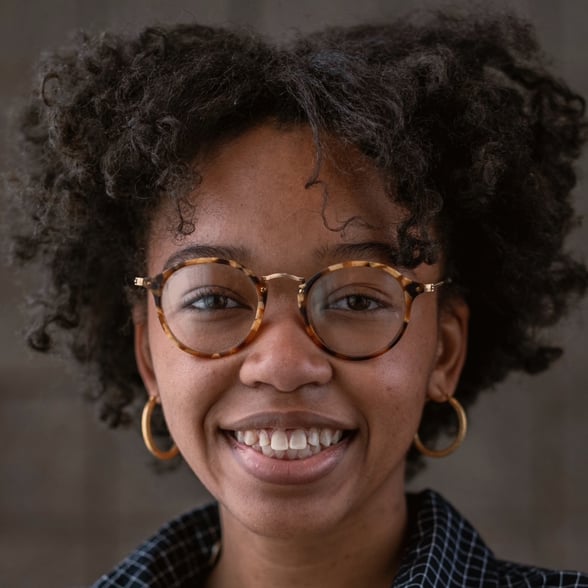
Mackenzie Wilkes (@macwilkes) is a multimedia journalist currently based in Washington, D.C. Wilkes is completing a fellowship at POLITICO where she has covered breaking news, education policy and campaigns. A North Carolina native, Wilkes has prior experience covering polling, COVID-19 and law enforcement.
Code of Conduct
1. Purpose
We believes the Data Institute should be truly open for everyone. As such, we are committed to providing a friendly, safe and welcoming environment for all, regardless of gender, sexual orientation, disability, ethnicity or religion.
This code of conduct outlines our expectations for participant behavior as well as the consequences for unacceptable behavior.
We expect all of our instructors and students to help us create a safe and positive workshop for everyone.
2. Expected Behavior
Be considerate, respectful, and collaborative.
Refrain from demeaning, discriminatory or harassing behavior and speech.
Be mindful of your surroundings and of your fellow participants. Alert the Data Institute organizers if you notice a dangerous situation or someone in distress.
3. Unacceptable Behavior
Unacceptable behaviors include: intimidating, harassing, abusive, discriminatory, derogatory or demeaning conduct by anyone participating in the Data Institute.
Harassment includes: offensive verbal comments related to gender, sexual orientation, race, religion, disability; inappropriate use of nudity and/or sexual images in public spaces (including presentation slides); deliberate intimidation, stalking or following; harassing photography or recording; sustained disruption of talks or other events; inappropriate physical contact, and unwelcome sexual attention.
4. Consequences of Unacceptable Behavior
Unacceptable behavior will not be tolerated whether by instructors, students or other staff.
Anyone asked to stop unacceptable behavior is expected to comply immediately.
If someone engages in unacceptable behavior, the Data Institute organizers may take any action we deem appropriate, up to and including discontinuation of any stipends and expulsion from the Institute.
5. What to Do If You Witness or Are Subject to Unacceptable Behavior
If you are subject to unacceptable behavior, notice that someone else is being subject to unacceptable behavior, or have any other concerns, please notify a Data Institute organizer as soon as possible.
The Data Institute organizers will be available to help participants contact building security or local law enforcement, to provide escorts, or to otherwise assist those experiencing unacceptable behavior to feel safe for the duration of the Institute.
Special thanks to the Portland Tech Workshops for creating their Code of Conduct and licensing it under Creative Commons Attribution-ShareAlike.